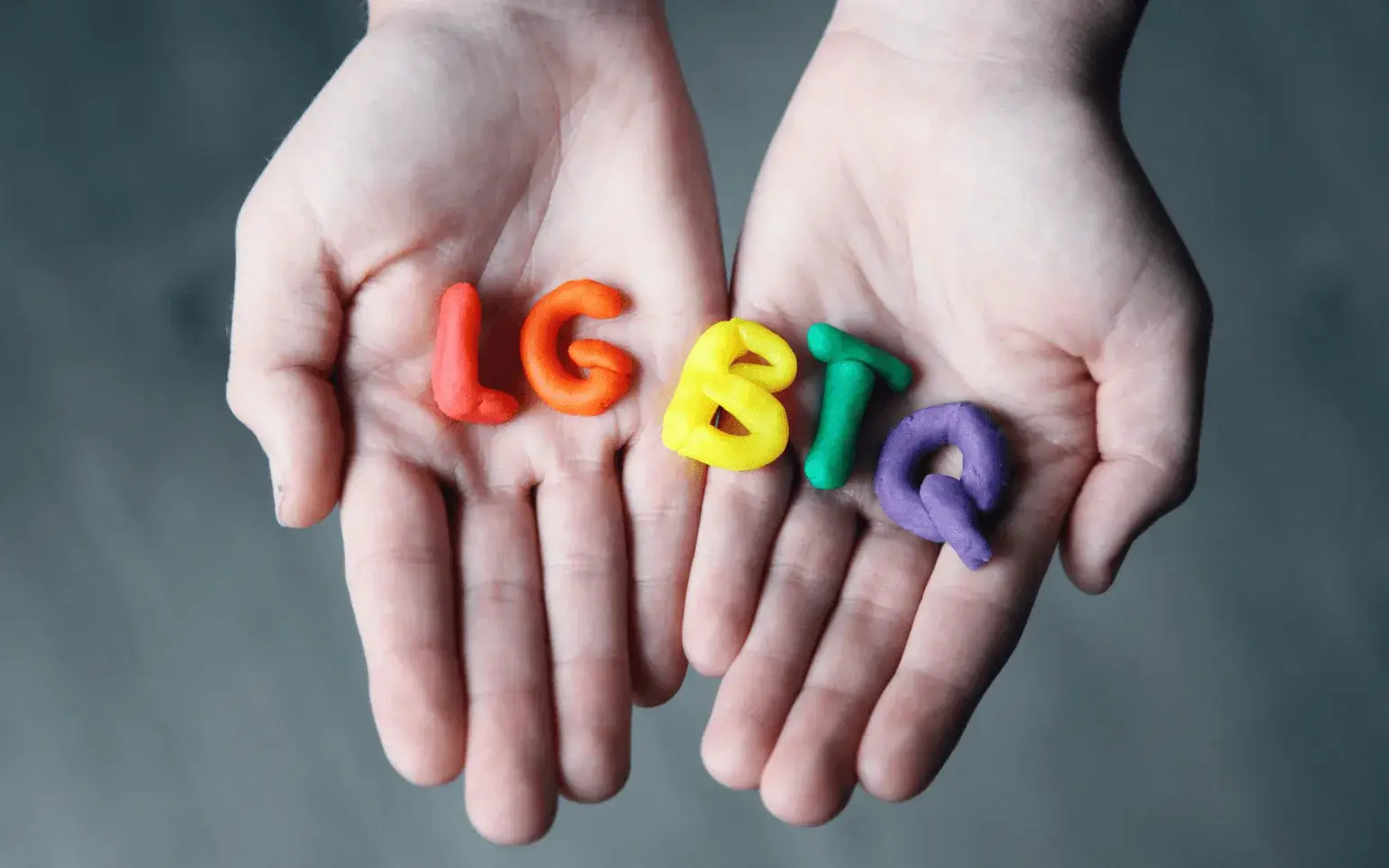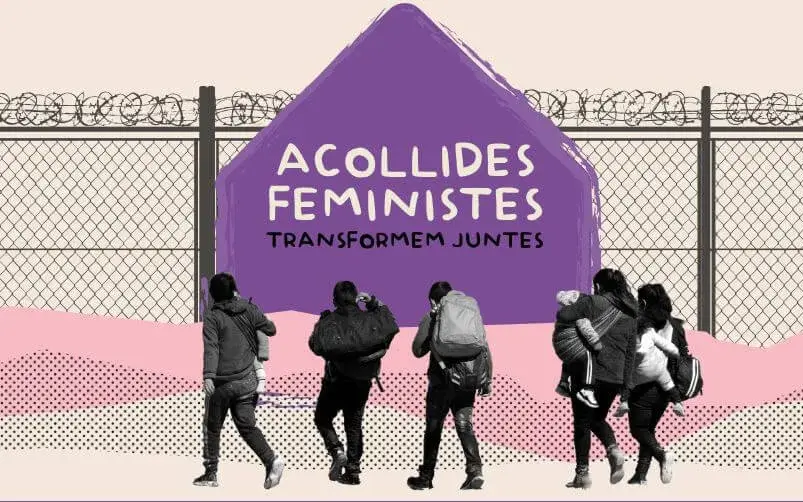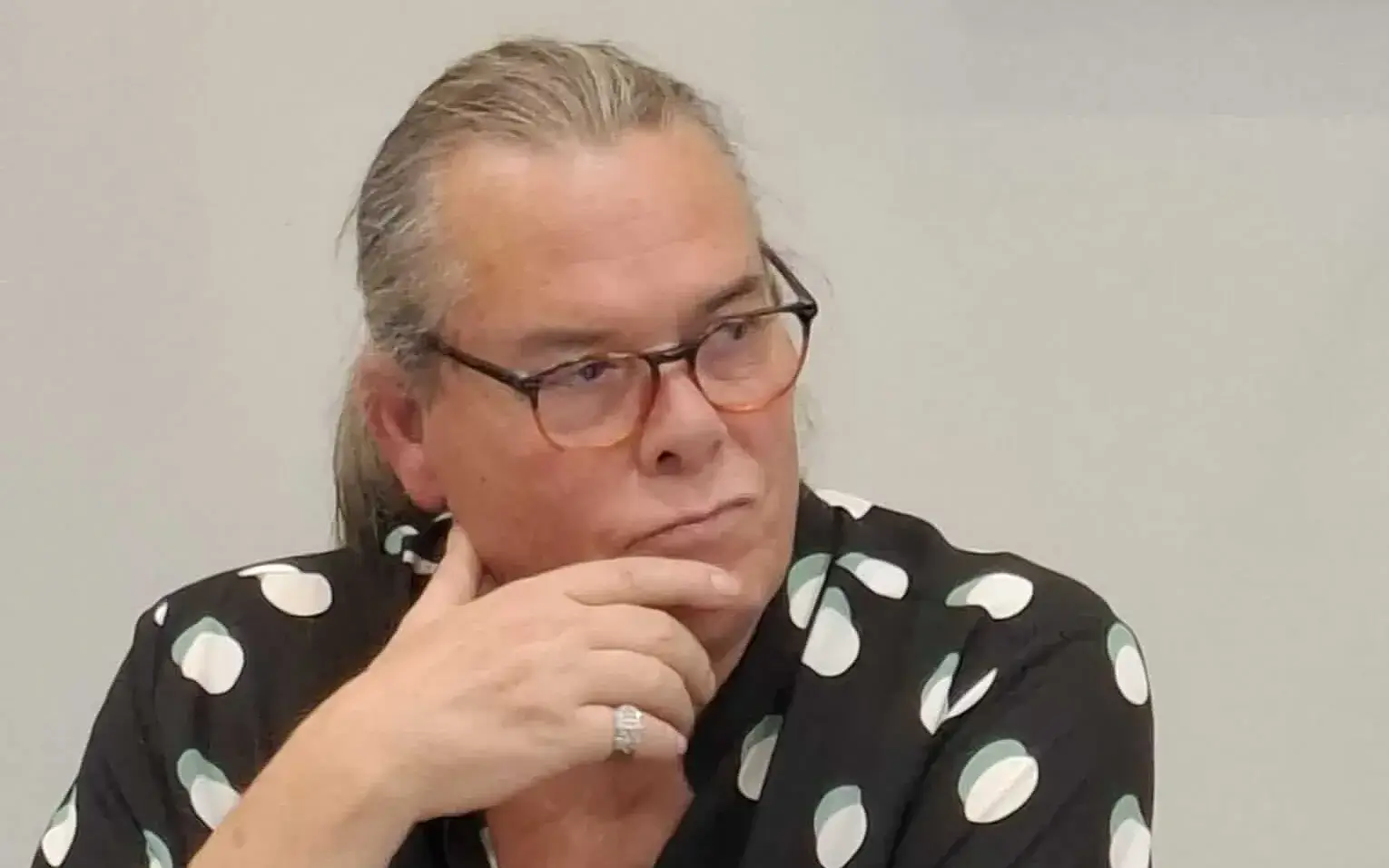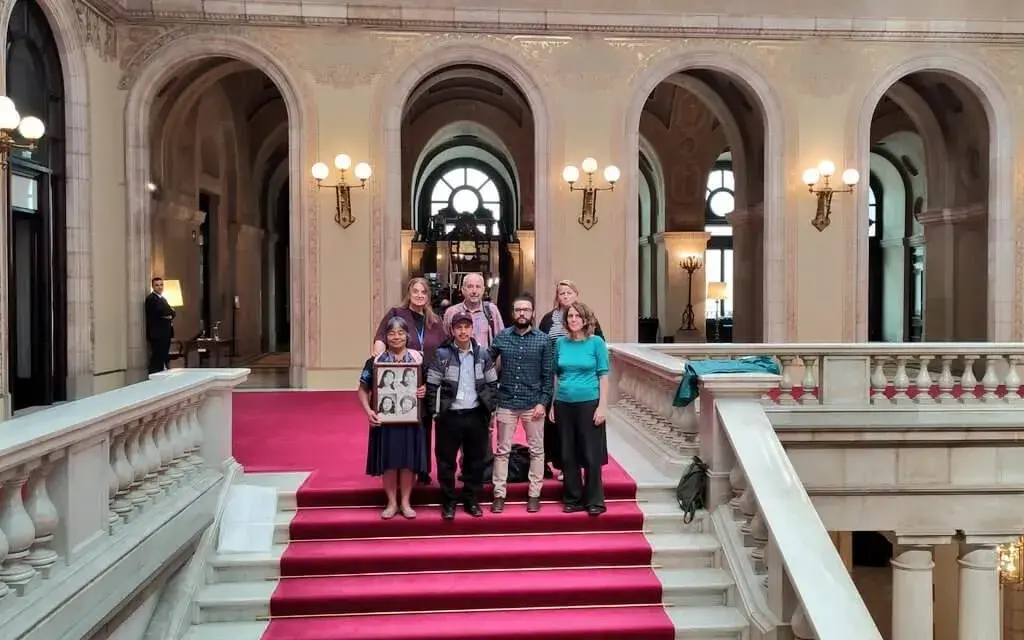A study by ACPP, ACATHI and Kaliladea analyzes the state of LGTBI rights in Honduras, Guatemala and El Salvador

The entities report that if hate crime is not defined, when a trans woman is murdered, there is no record and, therefore, it cannot be addressed in any way so that it does not happen again.
" The situation is very critical for the LGTBIQ+ communities in Central America ," says Eliana Eskenazi , delegate of the Assembly for Cooperation for Peace in Catalonia (ACPP), one of the entities that has commissioned Kaliladea to carry out the study on the reality of LGTBI groups in Honduras , Guatemala and El Salvador .
In none of the three countries is there a law for the recognition of gender identity , this is one of the key elements, since as Eskenazi points out “when there is no door with which you can negotiate institutionally, you cannot claim your rights”. According to the delegate of ACPP Catalunya, the problem with this lack of political commitment and legislation against hate crimes is that “when a trans woman is murdered, there is no record , it is not recorded anywhere and, therefore, it cannot be addressed in any way so that it does not happen again”.
With this context, the study was carried out, within the framework of the project ' We fight for the rights of LGTBIQ+ people in Catalonia and Central America ', promoted by the entities Assembly for Cooperation for Peace and Acathi.
Bukele's conservatism worsens the situation in El Salvador
The entry into government of Nayib Bukele , president of El Salvador , has worsened the situation for people in the group, because possible advances in terms of equality have stalled . One of the feats of his political conservatism has been to eliminate the gender perspective from schools , as public opinion has pointed out with alarm. Added to this situation is the rise of the evangelical church “which directly affects the rights of women and to decide about their own bodies and those of LGTBIQ+ people,” explains Eliana.
The fieldwork reveals a current scenario marked by an alarming democratic regression . The study argues that “any individual, organization or media outlet that criticizes or denounces abuses is quickly labeled as an enemy of the state.” The study reveals that from 2019 to 2022, nearly 57% of complaints were filed, and only 11% were resolved through conciliation and 18% were dismissed.
Guatemala: no laws that protect the community
Although the arrival of the social democratic , ecological and progressive Moviment Llavor party would initially be encouraging for the LGTBI community, the study stresses that there have been no substantial changes in the country's public policies . "Although Moviment Llavor did not take a position in favor or against allowing marriage between same-sex couples, they did express their inclination to maintain current laws and fight against any kind of discrimination," the study notes.
The absence of legislation and regulations in favor of LGBTI people continues to be a historical debt in the country. In 2016, the Congress of the Republic approved decree 44-2016, Migration Code, which, to date, is the only ordinary regulation that recognizes sexual orientation as a protected category.
Honduras records the highest number of murders of trans people
As the study points out, “in August 2021 alone, Honduras recorded 389 hate crimes against LGBTIQA+ people.” The figures are alarming , but what is even more serious is that 90% of these crimes went unpunished . Of the three countries analyzed, Honduras is where the most murders of trans people occur . “This is serious, but, I insist, the lack of gender identity laws makes the situation even worse,” ACPP explains.
The people interviewed identify that “the first place where violence against LGBTIQ+ people and dissident bodies is experienced is in the family ”. Systematic rejection by some family members, according to the study, “can lead to the person being forced to flee their home”, implying greater vulnerability . Along the same lines, the National Human Rights Commission has received 7,446 reports of people displaced by violence -between 2016 and 2019-, of which more than half “fled due to threats of violence”, as they point out.






Add new comment